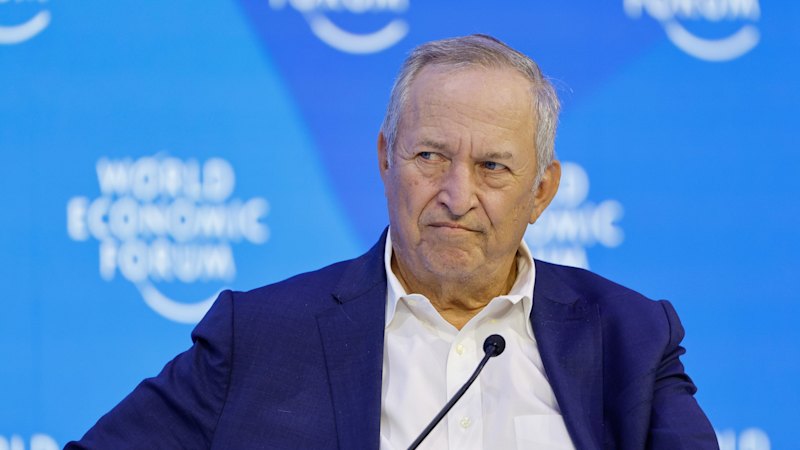
Larry Summers has announced his resignation from the board of OpenAI, following his admission of continued communication with the late financier Jeffrey Epstein. This decision is part of a broader withdrawal from public roles, which Summers described as necessary in light of recent revelations surrounding his correspondence with Epstein. OpenAI confirmed his departure in a statement, expressing gratitude for his contributions.
Summers, who previously served as US Treasury Secretary, made his resignation public on March 27, 2024. He stated that he felt “deeply ashamed” for maintaining contact with Epstein, which has drawn significant scrutiny. In a separate statement, Summers indicated that his decision to leave OpenAI’s board aligns with his intention to step back from various public commitments. “I am grateful for the opportunity to have served, excited about the potential of the company, and look forward to following their progress,” he noted.
His exit from OpenAI is part of a larger withdrawal from several public roles. A spokesperson for Bloomberg TV confirmed that Summers will also cease being a paid contributor there. Additionally, both The New York Times and Harvard University have ceased their contracts and positions with him. Reports indicate that Summers will resign from various boards and fellowships, including his chairmanship at the Centre for Global Development and a fellowship with the Centre for American Progress.
Summers joined OpenAI in November 2023 during a tumultuous period for the artificial intelligence company. The organization had just reinstated its CEO, Sam Altman, after a brief ousting by the board. His nomination was seen as a significant addition given his extensive connections in finance and politics.
As a director, Summers was involved in an internal review surrounding Altman’s controversial firing. The correspondence between Summers and Epstein was released by the US House Committee on Oversight and Government Reform, revealing discussions about public perceptions of sexual harassment allegations. Summers took responsibility for his decision to communicate with Epstein, acknowledging the misguided nature of these interactions.
This resignation adds to the complexities surrounding Summers’ legacy, particularly following his contentious tenure as president of Harvard University from 2001 to 2006, where his remarks regarding gender differences in academic performance sparked widespread outrage. His statements during that period led to significant backlash and ultimately resulted in his departure from the institution.
As Summers steps away from OpenAI, the company’s future direction and leadership will continue to be closely monitored, especially in light of ongoing developments in the artificial intelligence landscape. The implications of his resignation may resonate beyond the boardroom, reflecting broader societal conversations about accountability and ethical responsibility in leadership roles.






